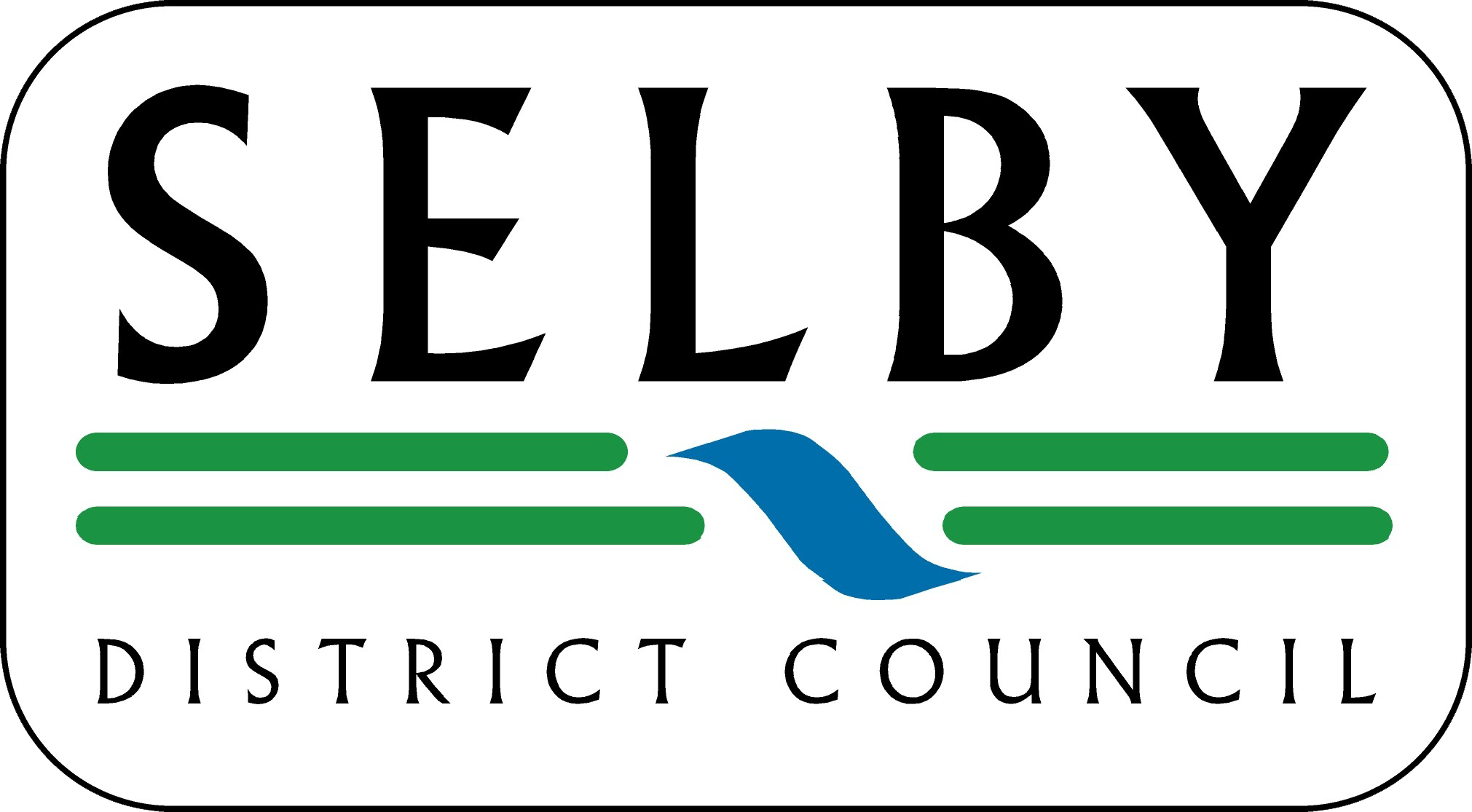Agenda item
Corporate Policy: Regulation of Investigatory Powers Act 2000, Version: 2021 (A/21/10)
Members are asked to note the revised draft Regulation of Investigatory Powers Act (RIPA) Policy that is intended to take effect from 1 October 2021.
Minutes:
The Committee received the report, presented by the Solicitor to the Council who explained that the Regulation of Investigatory Powers Act (RIPA) controlled and regulated surveillance, and other means of gathering information by local authorities.
The Committee heard that the Council had a duty under RIPA 2000 to demonstrate how requests for covert directed surveillance activities were determined and recorded. Part of the role of the Audit and Governance Committee was to monitor the Council’s use and authorisation of covert surveillance.
Members noted that following an inspection by the Investigatory Powers Commissioner’s Office (IPCO) in February 2021, it had been commented that the Council’s draft RIPA guidance and procedure could be amended to reflect up to date Codes of Practice. Accordingly, officers of the Council had worked with Veritau to develop the revised RIPA Policy which reflected the current legislation and ensured that any consideration regarding the use of covert surveillance by officers complied with the law.
The Committee heard that to reflect the rarity of use of the powers by the Council, the number of authorising officers had been restricted to five at a senior level. The process of authorisation and recording had also been revised so that it linked to the guidance and up to date Home Office forms available on the internet.
In terms of training, bespoke refresher training was currently being delivered to the five authorising officers, and some officers working in enforcement roles had recently attended RIPA refresher training.
Finally, the Solicitor to the Council informed Members that should the use of covert surveillance, on a case-to-case basis, be considered appropriate and proportional by an authorising officer of the Council, this authorisation would then be reviewed, prior to covert surveillance taking place, at the Magistrates Court to ensure compliance with the Human Rights Act.
Members acknowledged that there was a separate report included within the agenda pack relating to the use of overt surveillance.
A question was raised regarding the possibility of increasing the number of CCTVs within the district to counteract fly tipping, it was confirmed that if this was overt surveillance, which included signs being displayed next to the cameras, additional CCTV could be installed. If a serious case of fly tipping occurred, which was being investigated, and it was considered that covert CCTV be warranted, before the use of covert CCTV could take place the case would have to go through the RIPA process and on to the Magistrates Court for final approval.
In response to a query regarding who within the Council had been trained to authorise the deployment of covert cameras, it was confirmed that the determining officers were the Director of Economic Regeneration and Place, the Director of Corporate Services, the Head of Operational Services, and the Head of Planning; with the Chief Executive dealing with cases which involved confidential information. It was further explained that the Enforcement team had been trained to complete the application form to seek authorisation to deploy covert cameras.
One Member stated that at the last meeting of Council the Lead Member for Health and Culture had mentioned covert cameras in relation to fly tipping and queried if the RIPA procedure would have to be followed, it was confirmed that if the cameras to be used were covert in nature, then yes, this process would have to be followed. It was further confirmed that fly tipping was considered a serious enough offence to warrant covert CCTV but only on a case-by-case basis.
The Solicitor to the Council clarified for Members that if cameras were overt in nature, then clear signage would be visible to ensure that people were fully aware that they were being filmed. If the cameras were covert this was in effect a secret camera, with no signage.
The Committee noted that if the Council were to prosecute a case of fly tipping on evidence that had been collected using a covert camera, if that camera had not been authorised the evidence could be deemed not admissible. All evidence must be collected appropriately and according to the law.
Members acknowledged that there were no financial implications in approving the RIPA policy, however failure to comply with RIPA would put the Council at risk of legal challenge for breach of legislation, which could result in a fine.
RESOLVED:
To note the revised draft Regulation of Investigatory Powers Act (RIPA) Policy.
Supporting documents:
-
Corporate Policy: Regulation of Investigatory Powers Act 2000, Version 2021, item 18.
 PDF 254 KB
PDF 254 KB -
Revised RIPA Policy 2021, item 18.
 PDF 586 KB
PDF 586 KB
